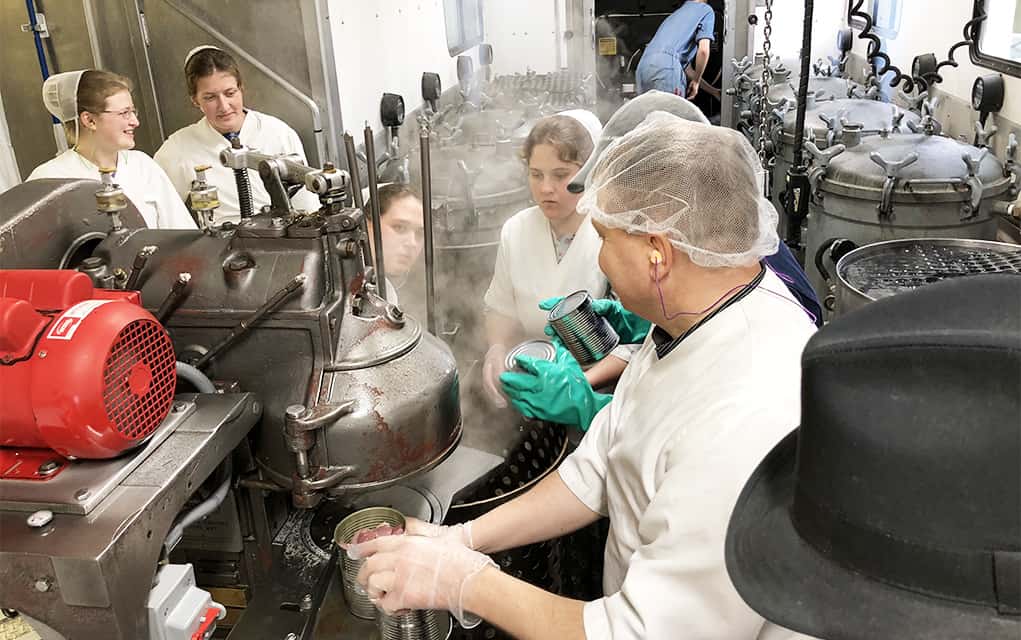The Woolwich Community Health Centre is offering a free, inclusive biology lesson in their upcoming educational session called What’s Your Gut Feeling: Keeping Your Digestive Tract Healthy.
The presentation, set for April 24 in St. Jacobs, will offer participants a chance to get to know just what’s going on inside their bodies.
Dr. Emma Allen-Vercoe, a professor at the department of molecular and cellular biology at the University of Guelph, will lead the presentation. She’s no stranger to speaking about such things, having appeared on The Nature of Things and a Ted Talk about microbes.
In particular, her talk will focus on the microbiome, a collection of microscopic creatures that live as a community inside the gut.
“Anyone is welcome, and the talk is not going to be pitched at any disease in particular,” said Allen-Vercoe. “Everyone has a gut with a microbiome inside of it, and so everyone should know how to take care of their microbial residents so that they, in turn, can take care of you.”
People depend on these bacteria to help digest our food, produce specific vitamins, regulate our immune system, and protect from disease-causing bacteria. The microbiome is also found in plants and animals.
“I tell people to remember the 3 ‘R’s,” said Allen-Vercoe. “Recognize that you have an army of microbes that live on you and inside you; respect that they depend on you for their health and that you, in turn, depend on them for your health; and reinforce their beneficial activities by living a healthy, microbe-supporting lifestyle.”
Allen-Vercoe encouraged a diet full of fruits and vegetables for optimum gut health.
“Fresh fruits and vegetables of as many different types as possible are the best food for the majority of your gut microbes, especially if these foods are rich in fibre. Forget juice diets, keto-diets, and other fads. And it’s also important to remember the foods you should not eat that can harm your gut microbes – artificial additives such as sweeteners, emulsifiers, and colours may be very detrimental to gut microbial health, for example.”
There are warning signs to watch out for when considering gut health.
“This is difficult to answer as everybody is different and has a different gut microbiome, diet, and lifestyle,” said Allen-Vercoe. “Generally speaking, you should have a formed bowel movement at least once a day but probably no more than three times a day, and you should not need to strain to defecate. If you experience significant pain, bloating, blood or mucus in the stool, or the stool looks odd in colour or consistency in a way you cannot in turn attribute to something you ate, you should see a doctor as soon as possible.”
The presentation is scheduled for 7 p.m. to 8:30 p.m. on April 24 at the WCHC. Everyone is invited to attend; no pre-registration is required.









